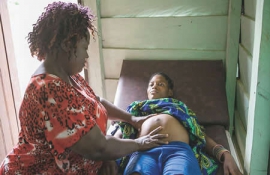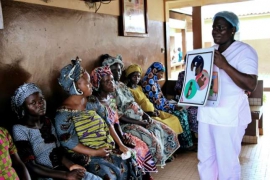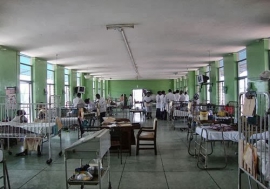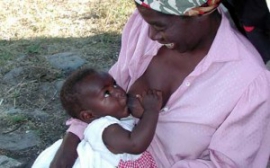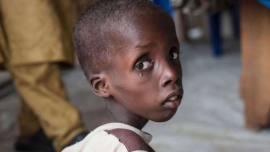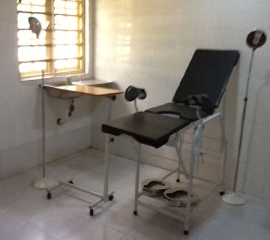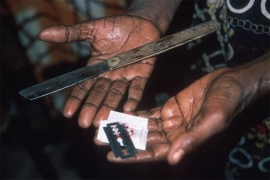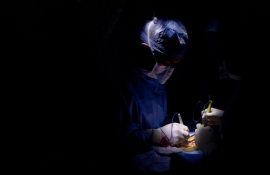Silent rage of maternal sepsis puts women’s lives at risk
When Helen discovered she was pregnant, she was excited to welcome a new life, but her hopes took a crashing turn when she had a miscarriage weeks later.
After all the tests, she continued to bleed, and was admitted to the ICU for post partum sepsis along with an infection in her uterus.
“I was really sick and needed to have three D&Cs done and it took a while for me to overcome the shock of sepsis. I was one of the lucky ones who made it but I’m still losing weight,” she told Good Health Weekly.

